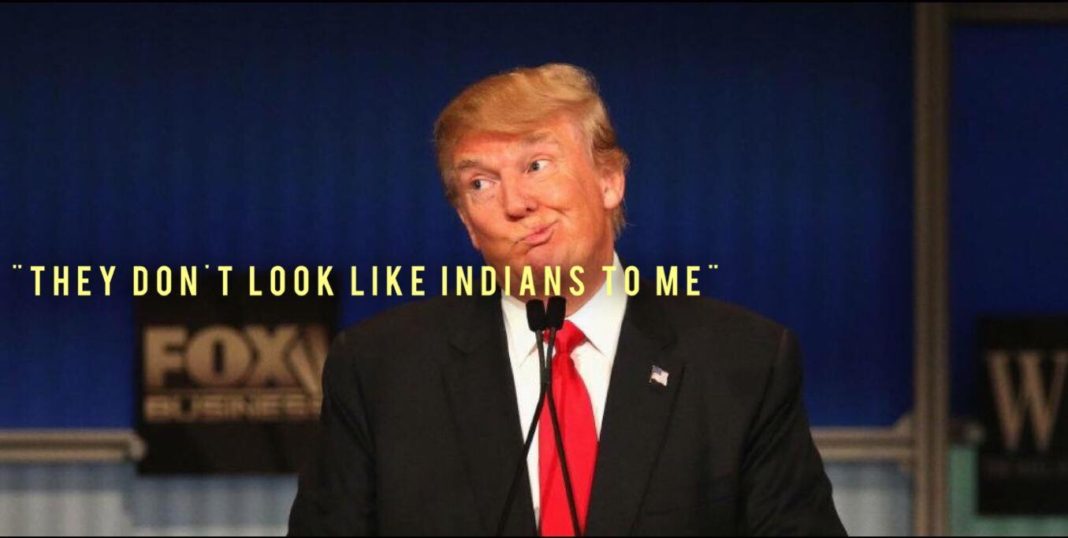
Trump’s advisors just proposed privatizing Native American reservations for the worst reason possible
One of the first actions taken by the Donald Trump administration in January may be to privatize Indian reservations for oil drilling.
According to Reuters, a group of advisors for the Trump transition team is suggesting the President-elect privatize roughly 56 million acres of land currently owned by the Bureau of Indian Affairs (BIA) — an agency within the Department of the Interior — in order to allow access to the estimated $1.5 trillion in oil and gas reserves. The deposits underneath Native land amounts to approximately 20 percent of all total oil and gas reserves in the United States.
“Our spiritual leaders are opposed to the privatization of our lands, which means the commoditization of the nature, water, air we hold sacred,” indigenous activist Tom Goldtooth told Reuters. “Privatization has been the goal since colonization – to strip Native Nations of their sovereignty.”
In addition to the surface acreage managed by the BIA, the agency also manages approximately 57 million acres of minerals held in trust on Native American territory. Under BIA regulations, Native Americans don’t own BIA land, but they have the right to use it, provided they follow strict regulations imposed by the BIA that aren’t normally imposed on private landowners.
Mark Fox, chairman of the Three Affiliated Tribes in Berkhold, North Dakota, said he’s suspicious of the proposal if it gives private buyers more freedom over the use of the land than Native Americans.
“The time it takes to go from lease to production is three times longer on trust lands than on private land,”Fox said. “If privatizing has some kind of a meaning that rights are given to private entities over tribal land, then that is worrying.”
Fox, whose tribe drills approximately 160,000 barrels of oil per day, clarified that if the Trump proposal was to merely undo the red tape surrounding the use of Native American lands held in trust to make it easier for indigenous tribes to use the land, he would be open to considering it.
However, other indigenous leaders say they don’t trust the federal government with land privatization deals, even if carrots are offered with respective federal land agreements. Kevin Washburn of the Chickasaw Nation cited the Dawes Act of 1887 as a key example, which resulted in the privatization of 90 million acres of indigenous land in the late 19th century.
“Privatization of Indian lands during the 1880s is widely viewed as one of the greatest mistakes in federal Indian policy,” Washburn said.
Tom Cahill is a writer for US Uncut based in the Pacific Northwest. He specializes in coverage of political, economic, and environmental news. You can contact him via email at tom.v.cahill@gmail.com, or friend him on Facebook.











